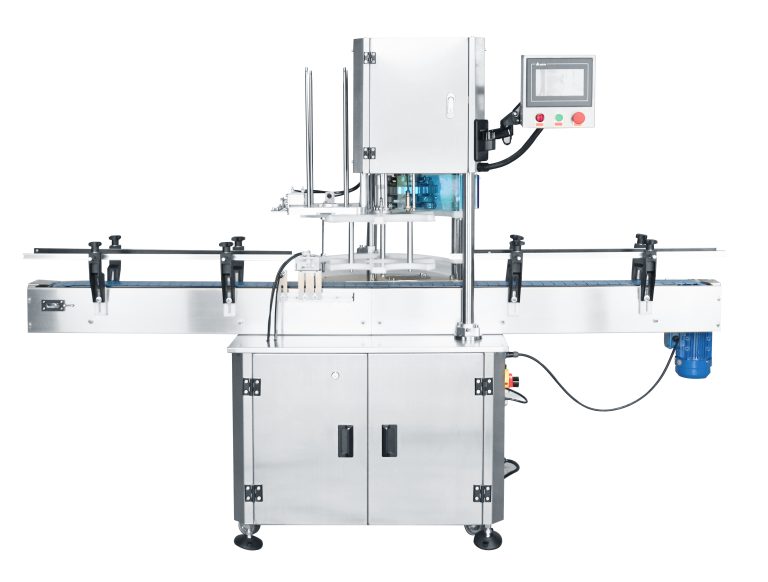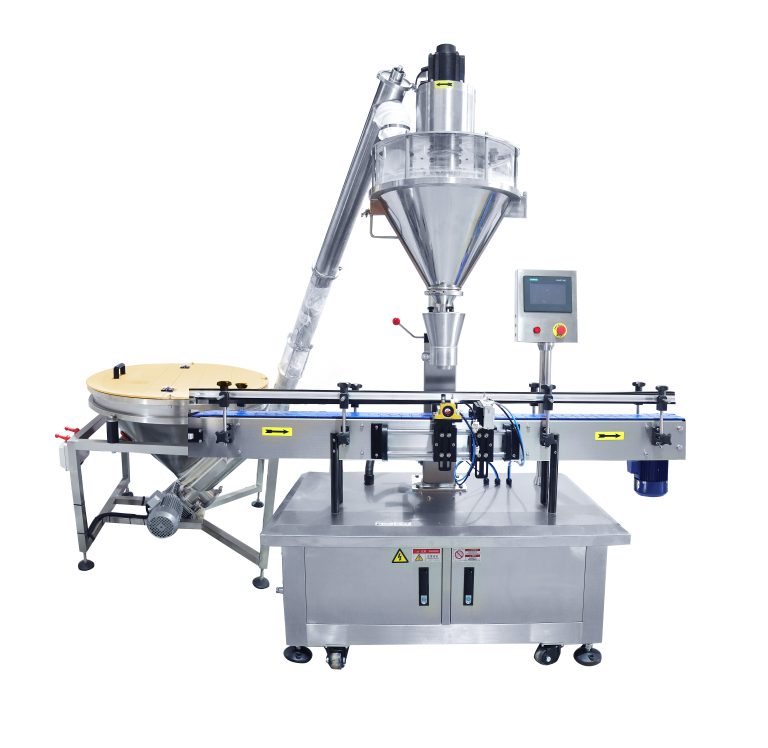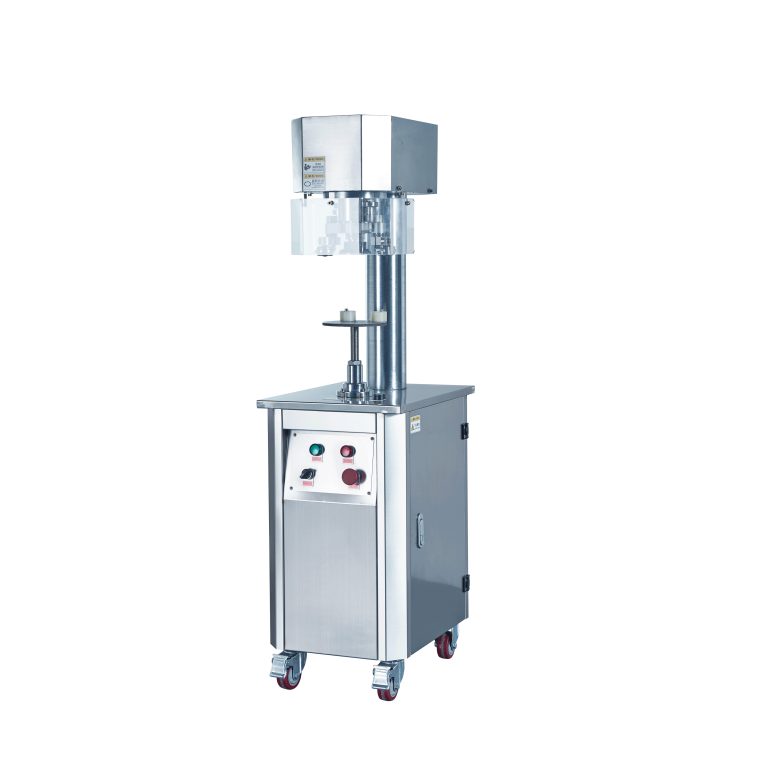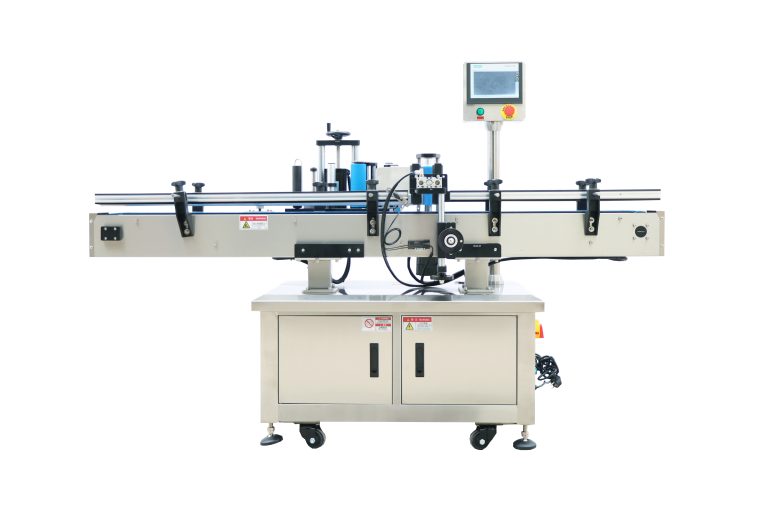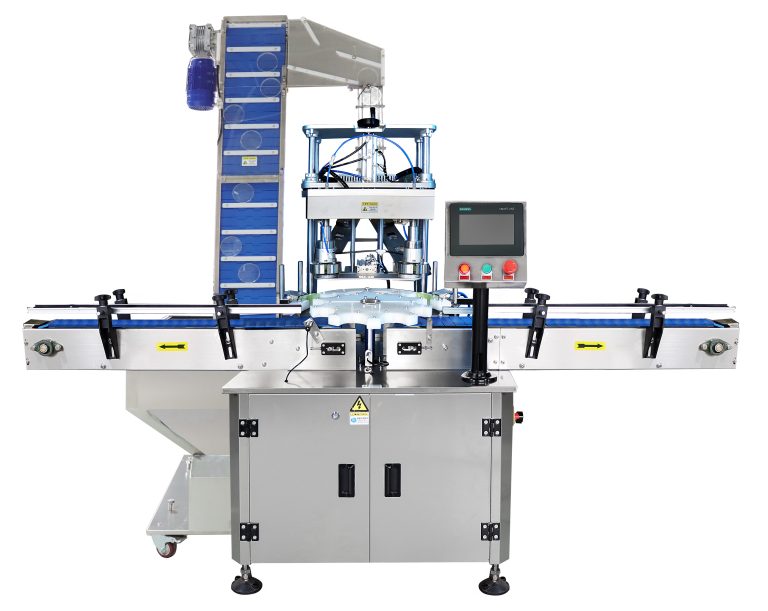Vacuum capping holds immense significance in the food and beverage sector.
It significantly prolongs the shelf life of products. By eliminating air from the containers, it slows down the oxidation of food and beverages, reducing spoilage and the growth of harmful bacteria and fungi. This means consumers can enjoy fresh and safe products for an extended period.
Vacuum capping helps retain the original flavors, aromas, and textures of the food and beverages. It prevents the loss of volatile compounds that contribute to the taste and quality, ensuring a consistent and enjoyable experience with each consumption.
It also plays a crucial role in maintaining the nutritional value of the products. Vitamins, minerals, and other nutrients are better preserved, making the food and beverages more beneficial for consumers.
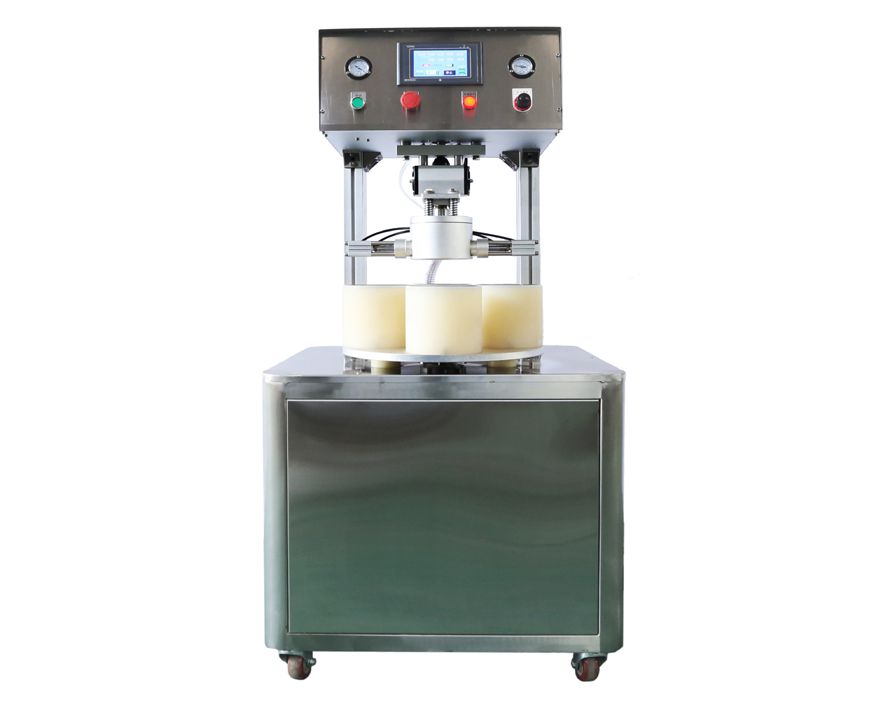
In terms of packaging, vacuum capping provides a tamper-evident seal, enhancing the safety and integrity of the products. Consumers can have greater confidence in the quality and authenticity of what they are purchasing.
For manufacturers and distributors, it reduces inventory losses due to spoilage, lowers costs associated with recalls or waste, and enables longer storage and transportation periods without compromising the quality.
Furthermore, vacuum capped food and beverages have a more attractive appearance on store shelves, which can increase their marketability and consumer appeal.
In conclusion, vacuum capping is an essential aspect of the food and beverage industry, contributing to product quality, safety, and commercial success.

